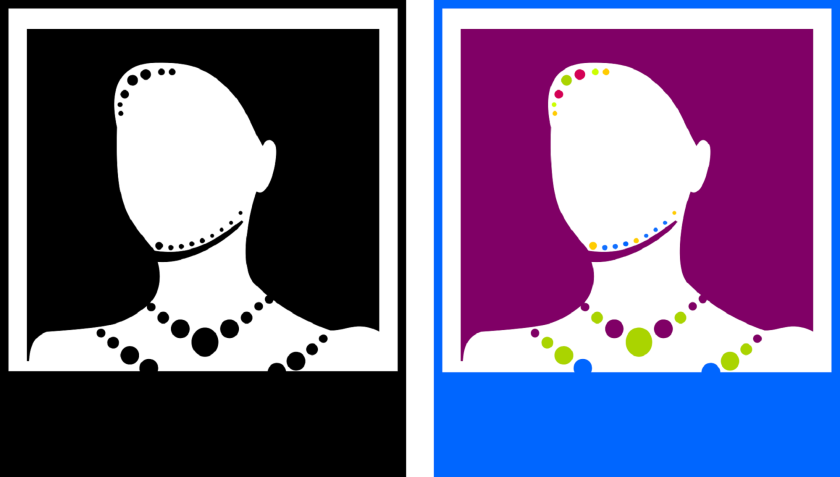The case
A Tanzanian company, Wilmar, applied to register the trademark ‘Tiffany’ in Tanzania in classes 3 and 5. The application was opposed by the global company Tiffany & Company.
A well-known mark
Tiffany & Company claimed that it is the owner of the well-known mark Tiffany, a mark that is registered in 160 countries. It claimed that the brand has been in use for some 180 years and that it is known worldwide.
Tiffany & Company claimed that the application for ‘Tiffany’ contravenes various sections of the Fair Competition Act, the Paris Convention, and the WTO TRIPS Agreement.*
Wilmar’s response – territoriality
Wilmar relied heavily on the issue of territoriality. It referred to the South African judgment of Victoria’s Secret v Edgars Stores (428/92) (1994) ZASCA 43, where the court said the following:
“A trademark is a purely territorial concept; is legally operative of effective only within the territory in which it is used and for which it is to be registered. Hence, proprietorship, actual use, or proposed use of a trademark in the Trademark Act are all premised by the subsection to be within the Republic of South Africa.”
The judgment
The test for well-known status
The hearing officer (the Deputy Registrar) referred to the International Standards of Protection for well-known marks under the Paris Convention (Article 6 bis) of the TRIPS Agreement. The following factors are important:
The degree of knowledge of the mark;
The duration and extent of its use;
The duration and extent of any publicity associated with it;
The number of registrations for it worldwide; and
The diligence within which the owner can prove he has defended it against copiers and the value of the mark.
Article 2(2) of the WIPO Joint Resolution says that relevant sectors of the public shall include:
Actual and/or potential consumers of the type of goods and/or services to which the mark applies;
Persons involved in channels of distribution of the type of goods and/or services to which the mark applies; and
Business circles dealing with the type of goods and/or services to which the mark applies.
Wilmar admitted that the mark is registered in 160 countries.
Does a trademark that is well known in other jurisdictions acquire legal protection in Tanzania?
The hearing officer made the point that Section 19 of the Act provides that the following cannot be registered: “trade or service marks which constitute reproductions, translations or transcriptions, liable to create confusion of trade or service marks and business or company names which are well known in the country and belong to third parties”.
The hearing officer interpreted this as follows: “well-known marks are those well known in Tanzania and not only internationally”. He went on to say: “there cannot be any doubt that Tiffany is a well-known mark outside Tanzania. However, I do not find much evidence to substantiate that the mark Tiffany alone is being well known in Tanzania market segment specifically for goods falling under classes 3 and 5”.
The hearing officer concluded: “The regional criteria test of whether the trademark is well known requires that the mark must be well known within the country and must be well known both at the time of application and at the time of determining registrability.”
The result
The hearing officer said: “I am reluctant to accept that the trademark owned by the opponent outside Tanzania is well known in Tanzania.”
Therefore, the opposition failed and the applications for Tiffany in classes 3 and 5 in the name of Wilmar proceed to registration.
*Sections 19(1) and (d)), as well as Sections 15(1), 16(1) and 19 of the Fair Competition Act , Article 6bis and 100 bis of the Paris Convention, and Section 16 of the WTO TRIPS Agreement.












